The Roslin Institute’s breakthrough shows how targeted genetic edits can protect animals without harming their health or growth.
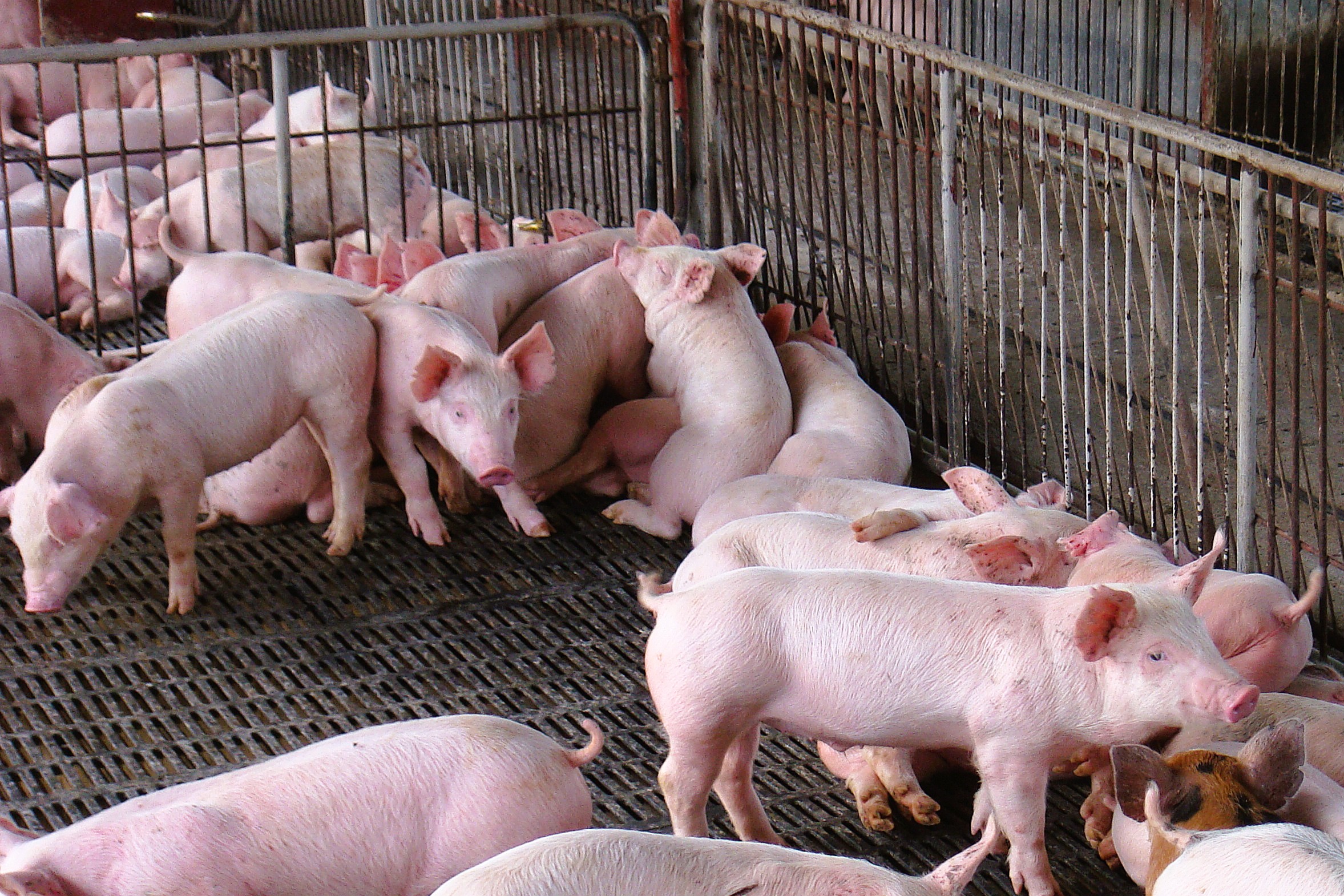
Researchers have developed pigs resistant to classical swine fever (CSF), a deadly virus that threatens global pig farming. The breakthrough offers new hope for disease control.
The Roslin Institute team used gene-editing technology to modify a protein essential for viral replication. This prevented the virus from multiplying inside pig cells.
Gene-edited pigs exposed to CSF, also known as hog cholera, showed no signs of infection. Unedited pigs developed clear symptoms, confirming the effective of the genetic change.
The modified pigs remained healthy and showed no developmental issues. Researchers believe they are unlikely to transmit the virus to other animals.
The team sees gene editing as part of a broader strategy, complementing vaccines and biosecurity measures to protect farm animals.
Targeting a key protein
Before editing live animals, researchers studied pestiviruses, including CSF, in cultured pig cells. They focused on a protein called DNAJC14.
Successful live trials
Researchers made a precise change to the DNAJC14 gene in pig embryos, which were then implanted into surrogate mothers.
Once the pigs matured, they were exposed to CSF. Edited pigs remained healthy, while unedited pigs showed typical signs of the disease.
The trial confirmed that the genetic edit provided full protection without harming the animals.
Broader implications for livestock
CSF continue to cause outbreaks in Asia, Africa, Latin America, and Europe. These outbreaks lead to trade bans and financial losses.
Other pestiviruses affect cattle (bovine viral diarrhea) and sheep (border . While vaccines exist, controlling spread remains difficult due to virus persistence and cross-species transmission.
Researchers believe the same genetic edit could be applied to other livestock, offering wider protection.
Subscribe now to the technical pig magazine
AUTHORS
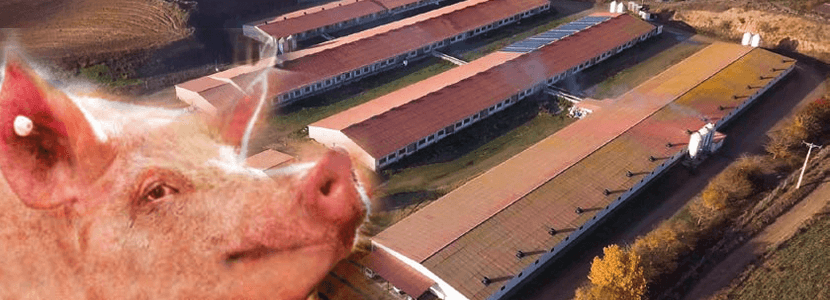
Bifet Gracia Farm & Nedap – Automated feeding in swine nurseries

The importance of Water on pig farms
Fernando Laguna Arán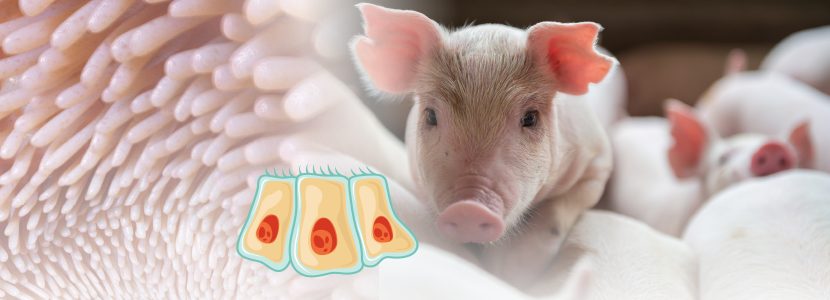
Microbiota & Intestinal Barrier Integrity – Keys to Piglet Health
Alberto Morillo Alujas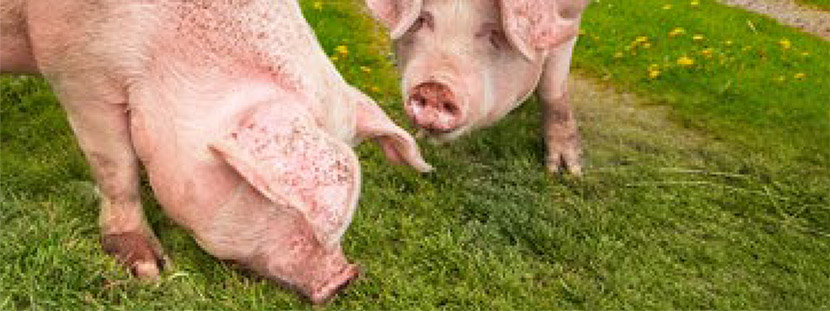
Impact of Reducing Antibiotic use, the Dutch experience
Ron Bergevoet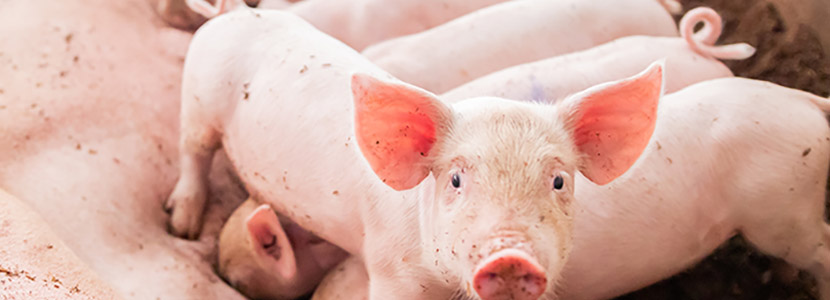
The keys to successful Lactation in hyperprolific sows
Mercedes Sebastián Lafuente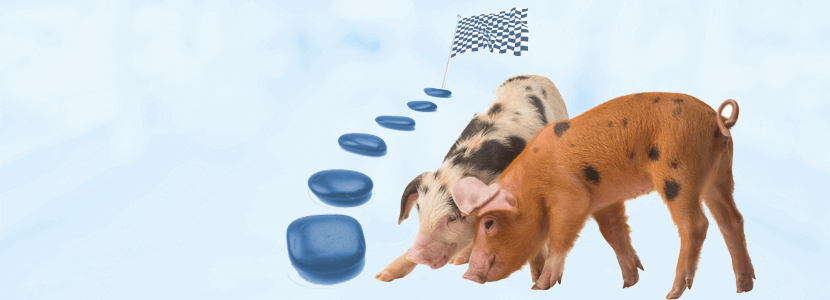
Addressing the challenge of Management in Transition
Víctor Fernández Segundo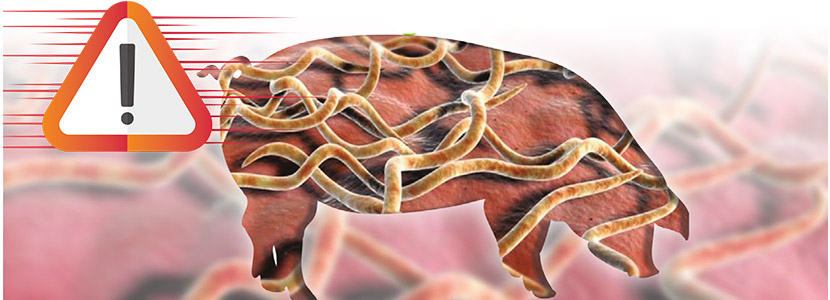
Dealing with the rise of Swine Dysentery
Roberto M. C. Guedes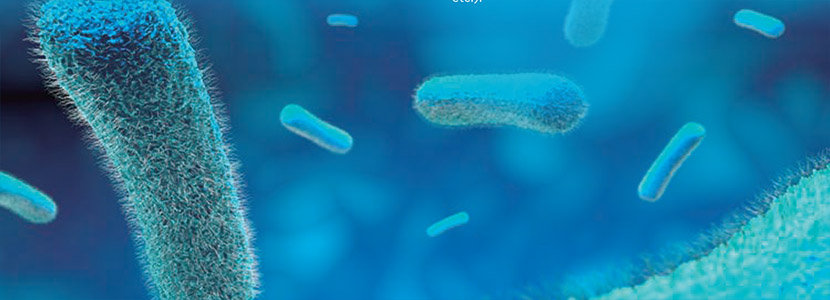
Actinobacillus pleuropneumoniae – What are we dealing with?
Marcelo Gottschalk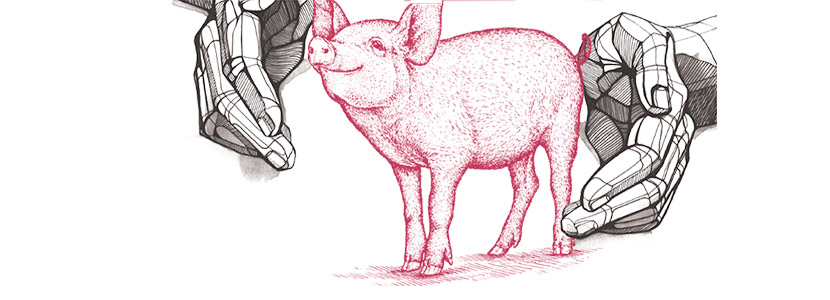
The new era of Animal Welfare in Pig Production – Are we ready?
Antonio Velarde
Gut health in piglets – What can we do to measure and improve it?
Alberto Morillo Alujas
Interview with Cristina Massot – Animal Health in Europe after April 2021
Cristina Massot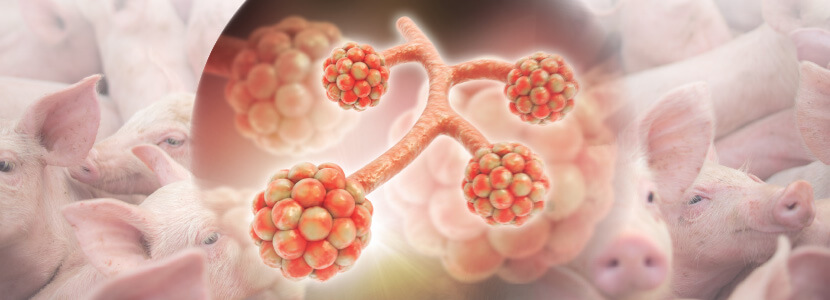
Differential diagnosis of respiratory processes in pigs
Desirée Martín Jurado Gema Chacón Pérez